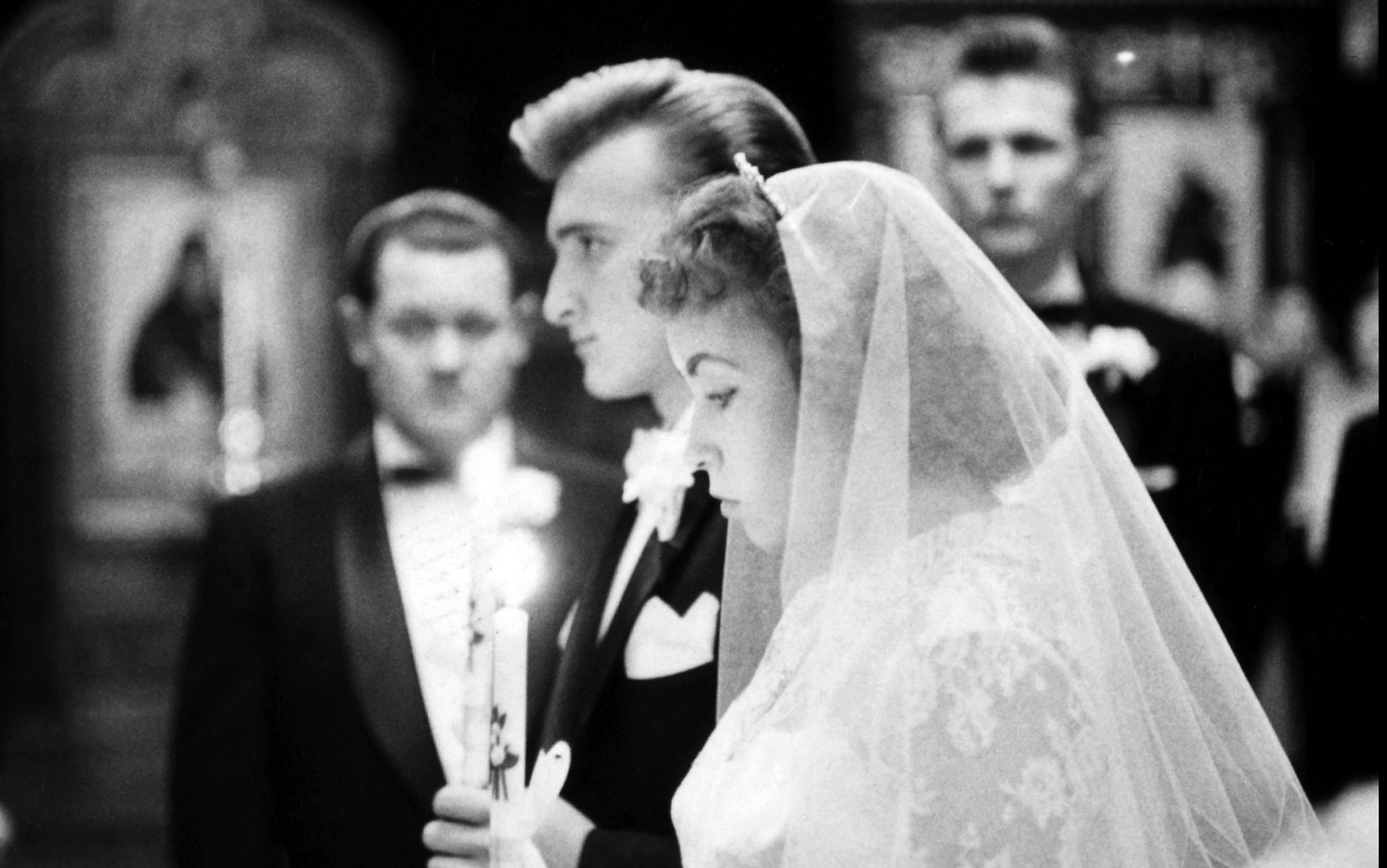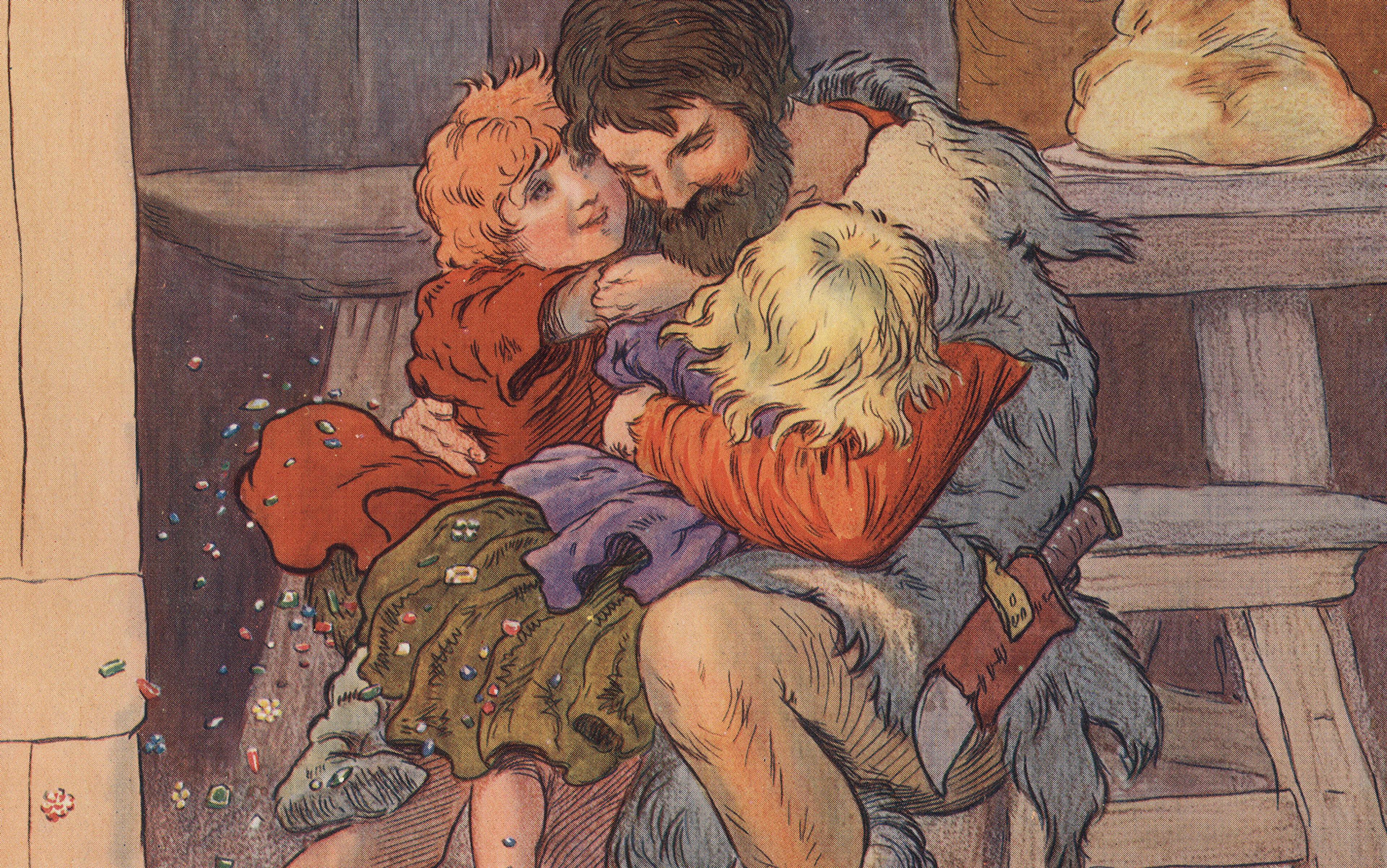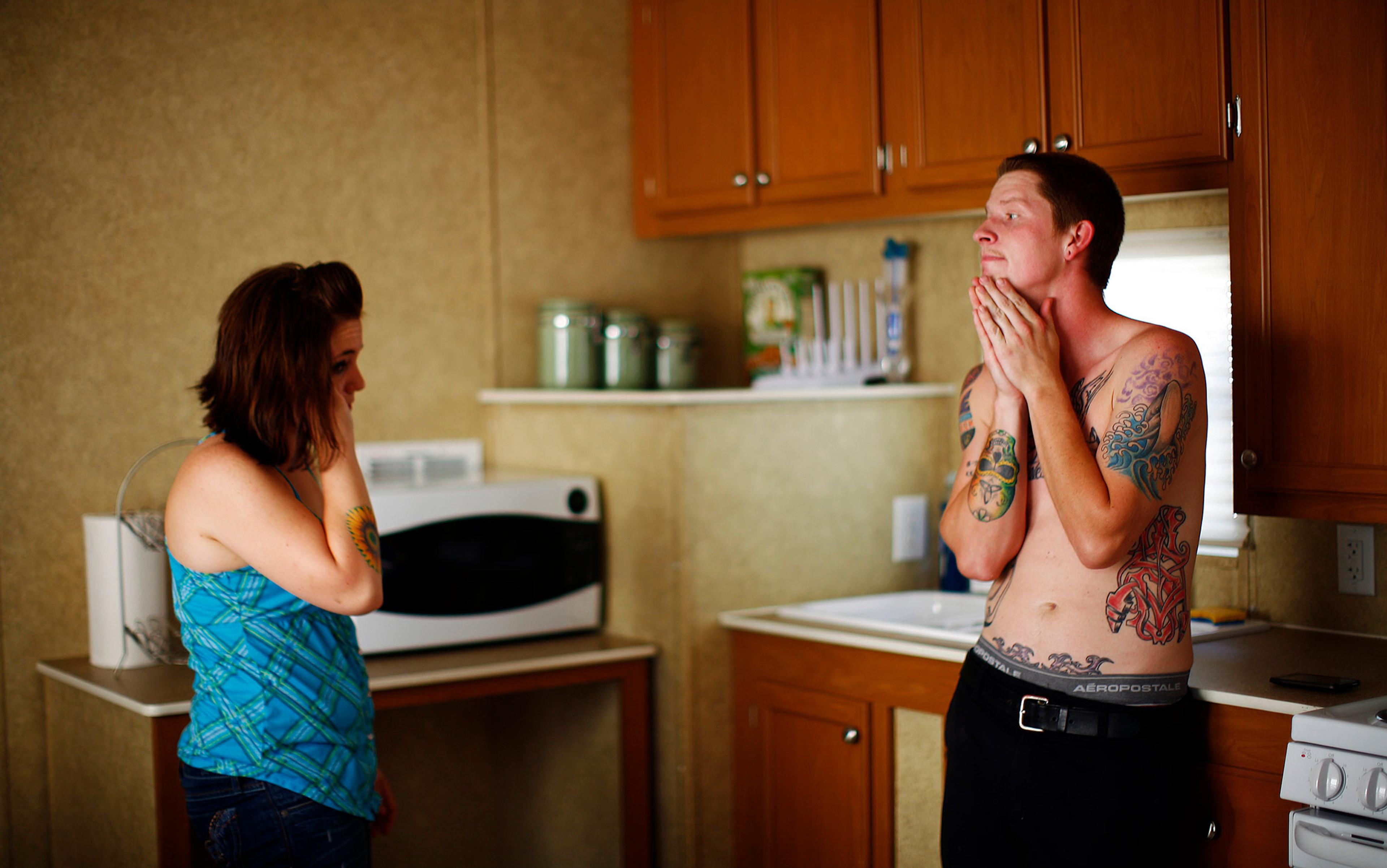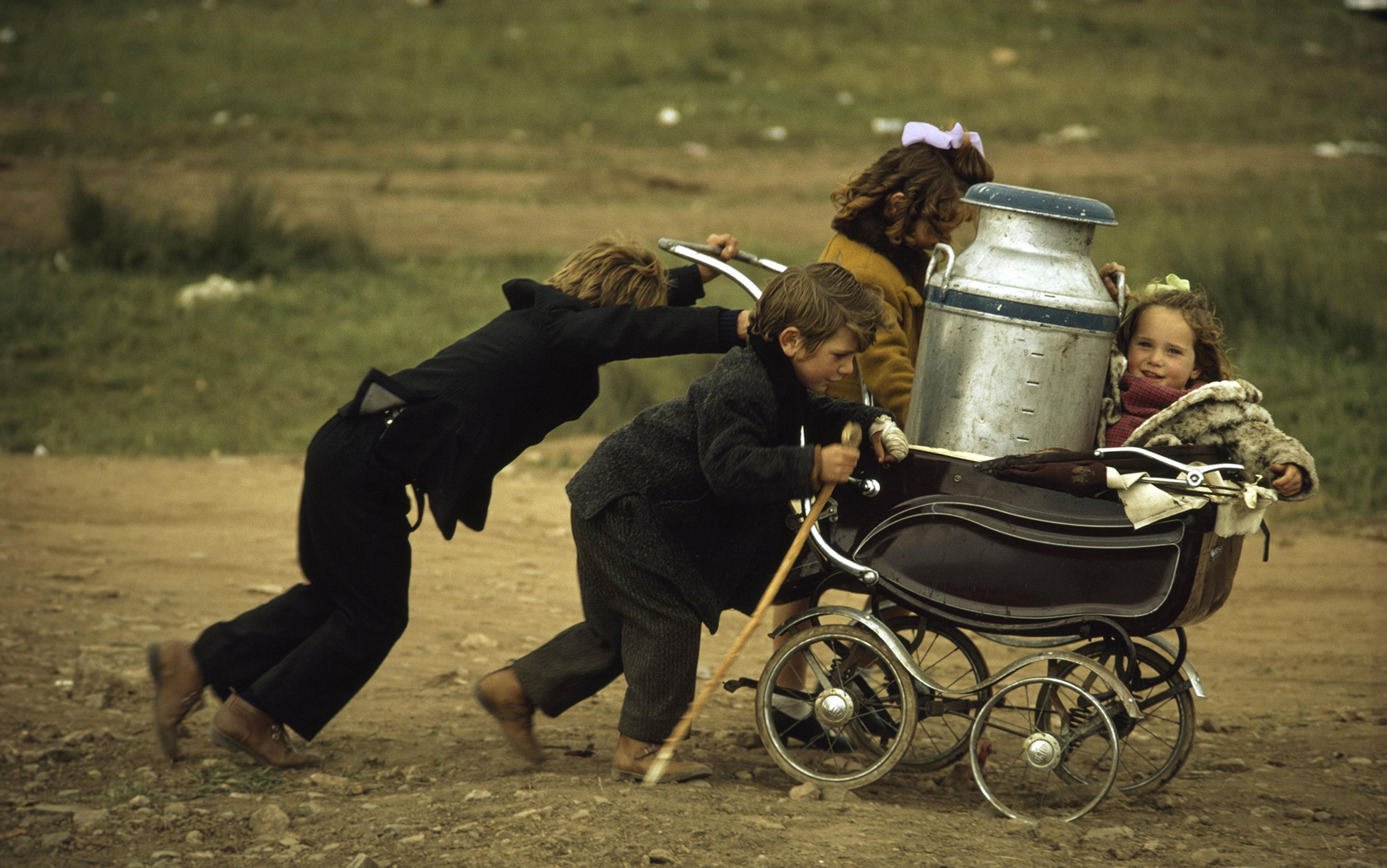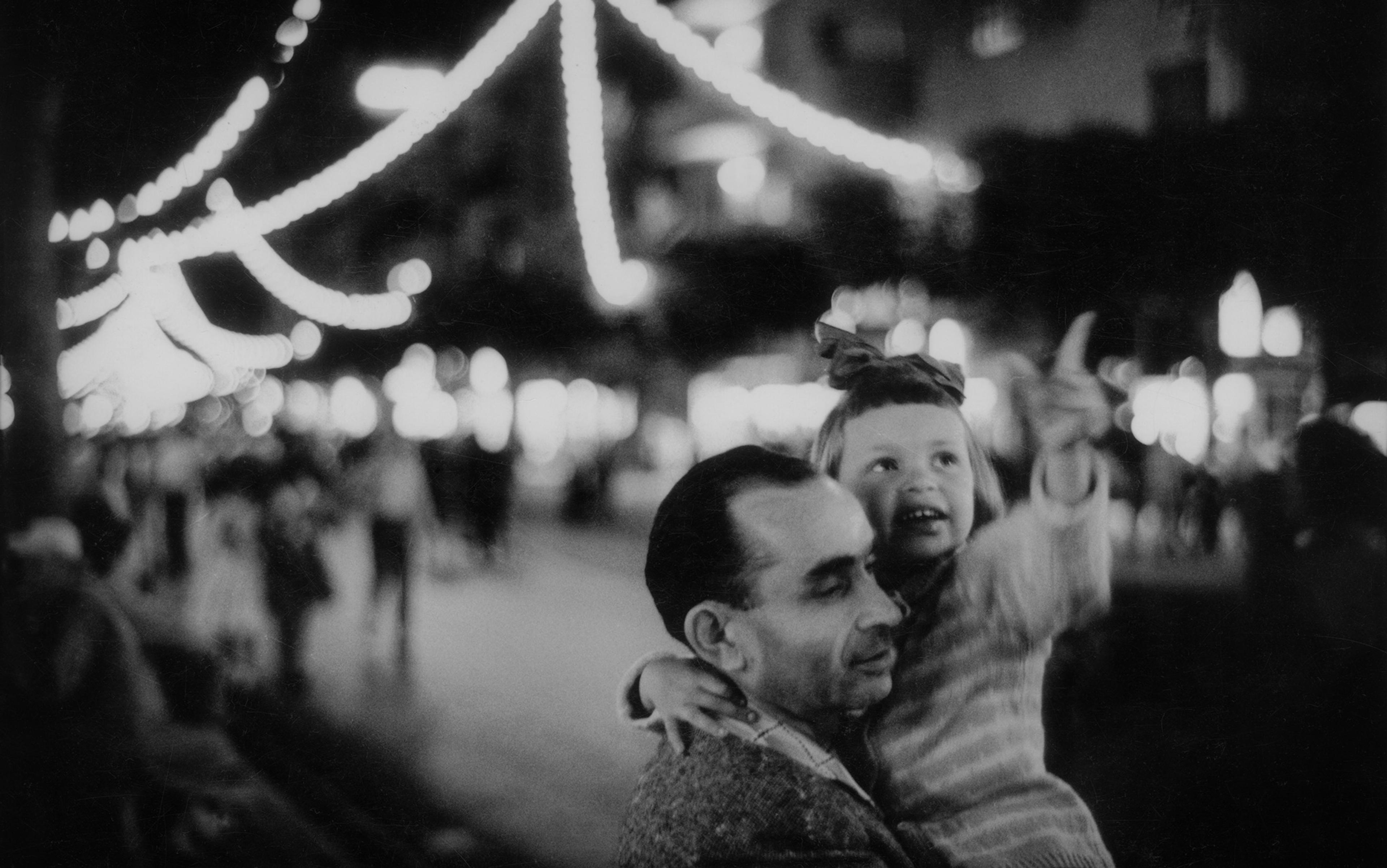‘We haven’t heard from our son in five years. We thought, with the pandemic and all, that he’d finally reach out with just a “Hey, wanted to make sure you’re doing okay. Let me know.” But nothing. He hasn’t answered our emails checking to see how he or our grandkids are either. We just don’t understand.’
Parents of a 27-year-old
A family member’s reaction to the pandemic shines a light on the painful reality that some adult children want little or nothing to do with their parents. Reacting to the phenomenon of parental estrangement, I wrote my first book on the topic, When Parents Hurt (2007). Since then, I’ve worked with thousands of estranged parents in and outside the United States through therapy, in webinars, and in my survey of 1,600 respondents conducted with the University of Wisconsin Survey Center, forming the basis of my latest book, Rules of Estrangement: Why Adult Children Cut Ties and How to Heal the Conflict (forthcoming, 2021).
Parental estrangement is a topic that evokes strong opinions and emotions. It invites people to reflect on their family experiences, to review whether they treated their own parents fairly; and to consider whether they failed their children or deserve their distance or contempt. A common perception is that parents become estranged only if they’ve behaved in an egregious fashion when raising their children or in the years since. Indeed, there are plenty who behave in ways that make estrangement seem like a reasonable if not a necessary solution for their grown children: parents who abused their children or neglected them; who vilify them for their gender identities or sexualities; who continue to degrade them for their religious or political beliefs.
Yet others become estranged for reasons that would mystify those in prior generations. For example, an adult child who wants to go ‘no contact’ to work on ‘co-dependency issues’ that they believe stem from the parent’s ‘over-parenting’. Or a daughter who wants to end the relationship because she can’t get her mother’s anxious voice out of her head.
The conditions under which estrangement might be considered acceptable depend on how cultures regard the obligations of parents and children to each other. Countries clearly differ in those considerations. For example, in the US, the idea that a society would require a grown child to pay for his father’s old-age care would be considered an intolerable infringement on his rights. However, a federal court in Germany in 2014 ruled in exactly that way against the son, despite the fact that his father had abandoned him four decades earlier and left his estate to his girlfriend. Similarly, in the US, there would be outrage if a law suddenly made it a crime not to visit your ageing parents, yet this is precisely what was prescribed by China’s ‘Elderly Rights Law’ in 2013.
Research on estrangement is still sparse and relatively new. As a result, it’s difficult to cite studies showing an increasing trend over time or to assess different rates of estrangement across cultures. However, studies suggest that parents in the US might be more at risk for estrangement than parents in other countries. For example, a large international study in 2010 of nearly 2,700 parents over the age of 65 found that parents in the US have almost twice as much conflict with their adult children compared with parents in Israel, Germany, England and Spain.
I believe that the strain in relationships between parents and their adult children in the US results partly from the profound social inequality that puts an enormous burden on American families, one that sometimes causes them to break. In addition, high rates of divorce and nonmarital childbearing in the US sometimes weaken ties between parents and their offspring by tempting one parent to blame the other and by inviting new people into the child’s life to compete for emotional or material resources. ‘I thought my father was a good father until he divorced my mother and left the home,’ said a young woman in my practice. ‘Even though I was grown, I can’t really forgive him for what he did to her so I basically haven’t spoken to him since.’ In a highly individualistic culture such as ours, divorce can also cause the child to see the parents more as individuals, with their own strengths and weaknesses, and less as a family unit of which they’re a part.
Some of the strain also results from the way that families have changed in late modernity. Today’s relationships occur in what the late sociologist Zygmunt Bauman described as liquid culture, a time when norms are constantly changing and the stakes that previously tied individuals together are no longer meaningful. As pathways to adulthood become more fraught and precarious, the psychological orientation needed to survive has been transformed in ways that affect how parents raise children and how their children later reflect on that parenting. Given these constraints, contact with parents becomes motivated less by a sense of obedience or duty – however problematic those expectations might be – than by the way in which the relationship makes the adult child feel about him- or herself. Does my parent limit my potential? My happiness? My distinctiveness? What does it say about me to stay in contact? The prevailing sentiment is sometimes Lose your parent, and find yourself. ‘I’ve just become clear that I don’t need the stress,’ said Robert, a 28-year-old graduate of an Ivy League school. ‘Since I’ve been in therapy, I’m learning to surround myself with people who don’t make me feel guilty about not being around as much as they want me to. My mom is really needy and I just don’t need that in my life.’
In a poll by Harvard University in 2015, 48 per cent of Americans under 30 said that the American Dream is dead. In 2018, a report by economists at the US Federal Reserve noted that, despite being the most educated generation to date: ‘Millennials are less well off than members of earlier generations when they were young, with lower earnings, fewer assets, and less wealth.’ In 2018, just a quarter of young Americans described themselves as happy – the lowest level recorded by the General Social Survey, a key barometric index of American social life, begun in 1972.
Overall, today’s young adults attain markers of adulthood far later than their parents did, and in a far less clear-cut sequence. Analysing US census data, one report found that, in 1960, more adults aged 18 to 34 lived with a spouse than with their parents; by 2014, more young adults lived with their parents than with a husband or wife. At a time when work and personal relationships are more and more fragile, when the traditional markers of a good adult life can no longer be counted on to be there – from a secure job to a secure marriage – it’s neither surprising nor unreasonable that this generation of adults is focused on the one thing they can still control: the pursuit of their own growth and life satisfaction. Estrangement is sometimes part of that effort.
According to a large study in 2015 by the family researchers Lucy Blake, Becca Bland and Susan Golombok in the UK, some of the most common reasons cited for estrangement by adult children were differences in values, mismatched expectations about family, and mental illness or emotional abuse on the part of the parent. Emotional abuse was one of the most common reasons given by adult children. As a young adult woman in my practice said:
I was always the black sheep in the family growing up. And nothing has really changed. Whenever I complain or try to get them to communicate differently, they just say that I need to grow up and stop being so sensitive. They treat me in ways that I wouldn’t treat my worst enemy. For the longest time, I assumed that it was all my fault that I walked around feeling so bad about myself. But I got tired of being gaslit by them and it’s not worth the pain. I feel a whole lot better since I don’t see them anymore.
In my practice, I have found that accusations of emotional abuse from the adult child are often the area of greatest confusion for parents. As Robert and Becky, two recently estranged parents, put it:
Emotional abuse? We gave our child everything. We read every parenting book under the sun, took her on wonderful vacations, went to all of her sporting events. Want to know who had an abusive childhood? I did. Violent, alcoholic father. Checked-out mother. I would’ve killed to have had a childhood like hers.
Part of this confusion might stem from a generational divide about whom to keep in or exclude from our lives. The psychologist Nick Haslam at the University of Melbourne notes that in the past three decades there has been an enormous expansion in behaviours described as harmful, traumatising or abusive. On the one hand, this ‘concept creep’, to use Haslam’s term, has refined our ability to detail our experiences and advocate for better and more sensitive treatment from others, parents included. It can help individuals explain to themselves and others the need to cut off contact with hurtful family members. On the other hand, greatly expanding what is considered harmful, abusive or traumatising behaviour has created an enormous expansion of psychiatric diagnoses and an inclusion of phenomena as pathological that could be considered normal and expectable forms of stress or suffering.
It’s an attempt to blame parents for outcomes better explained by class, genes, neighbourhood or luck
In my survey of 1,600 estranged parents and grandparents, I found, as have others, that parents explained their child’s estrangement for reasons often quite different from those commonly cited by estranged adult children. For example, while much has been written about the way that alcoholic or mentally ill parents affect children, a similarly diagnosed adult child might become estranged because of an inability to manage the normal slings and arrows of family life. While parents linked their child’s entering therapy to their estrangement, others reported that their child’s marriage or transition to parenthood created new opportunities for disruption. ‘We were really close to our son right up to the point that he got married,’ said parents in my practice. ‘But his wife basically told him to choose her or us, and he chose her.’
To complicate matters further, estrangement sometimes appears to be an attempt to blame parents for outcomes that could be better explained by class, genes, neighbourhood or luck. In her book Coming Up Short (2013), the sociologist Jennifer Silva details how often today’s young working-class adults locate their inability to find a secure path to adulthood in their dysfunctional families:
Family pathology is invoked both to explain (to themselves and to others) why they have not achieved traditional adult milestones and to map meaning, order, and progress onto their experiences of stagnation in the present … Their foundational belief that they are completely and unconditionally responsible for creating a good life leads young people to examine their personal traits and behaviours for signs of weakness that could explain their precarious lives.
As the sociologist Joseph E Davis at the University of Virginia explained to me in an email: ‘Blaming parents for emotional abuse or dysfunction misses the complex social predicament in which both they and their parents are embedded.’
This linkage between present struggle and family upbringing is easily absorbed from the steady broadcast of therapeutic narratives found in online forums, self-help, recovery groups and talk shows. When I asked one young adult about her chronic feelings of anxiety, she didn’t mention the long hours she worked for Uber in order make ends meet while she took classes at the local college, her difficulty finding affordable childcare for her toddler as a single mother, or her worry about her ability to finish college and have a career. Instead, she blamed her parents for her feelings of anxiety and insecurity.
Making parents culpable for how children turn out is especially unfair when applied to the poor and working classes, notes the historian Stephanie Coontz in The Way We Never Were (1992), since research shows that the social dynamics of poverty and low status give them less influence over their children in relation to peer groups than parents in other classes.
Economic insecurity and the current language of causality also strains and frays family relationships across the classes. ‘The social price we pay for pulling apart,’ writes the sociologist Marianne Cooper in Cut Adrift (2014), ‘is that economic inequality and economic insecurity become experienced as more about who we are or just how the world is and less as a social problem that needs to be solved.’ Believing that our current state is a function of who we are invites solutions that are psychological, rather than social, and are destined to fail.
Reflecting on one’s failures or unhappiness often leads to a therapist’s office. In today’s environment, where pull-yourself-up-by-your-bootstraps narratives predominate, therapists have become the new high priests providing moral legitimacy to decisions about whom to keep or lose in one’s life, parents included.
Some adult children, often with the aid of their therapists, criticise their parents for failing to provide them with a toolkit sufficient to navigate their lives. They suggest that, if parents had done their job, their offspring would enter adulthood free of anxieties and insecurities, fully equipped to make choices that would guarantee a happy life. This perspective – with roots not only in Sigmund Freud, but John Locke and Jean-Jacques Rousseau – implies that the self is born in an exemplary state, free of weaknesses or shortcomings. As the sociologist Eva Illouz at the Hebrew University of Jerusalem notes, therapeutic narratives have become our way of making sense of our lives and solving the dilemmas for where we find ourselves. ‘What is a dysfunctional family?’ she asks in Saving the Modern Soul (2008). ‘A family where one’s needs are not met. How does one know that one’s needs were not met in childhood? Simply by looking at one’s present condition.’
Prior to the 1960s, therapists were in line with a larger cultural emphasis on conformity. But today’s therapists are keen to remove any obstacles to personal achievement and the realisation of happiness. In his book Perpetual Euphoria (2011), the French philosopher Pascal Bruckner notes:
Democratic societies are characterised by a growing aversion to suffering. We are all the more scandalised by the latter’s persistence or spread because we can no longer resort to God for consolation. In that way, the Enlightenment gave rise to a certain number of contradictions from which we have still not emerged.
Today, emotions such as guilt or dispositions to help others become pathologised as ‘co-dependence’, ‘over-responsibility’ or ‘loving too much’. Therapists have accused parents who were highly involved of being emotionally incestuous or narcissistic, recasting historically high levels of parental involvement as self-serving rather than expressions of love or commitment.
Some know no other way to feel separate from their anxious and involved parents than to reject them
From this vantage point, cutting off contact with a parent is an attempt at purification. It’s a way of saying that the limitations in the individual were either put there by the parent or ‘triggered’ by parental contact. It allows one to hold on to a self-assessment as ideal and without limitations, attributing one’s problems to childhood experiences or chemical imbalances rather than larger societal influences.
For example, take Teresa, a 25-year-old woman who plays flute for the San Francisco Symphony (details changed to protect confidentiality). Throughout her childhood, her mother was intensely involved in her training – taking her to lessons and competitions, encouraging her to practise when she was young until she became old enough to do so without her help. The mother describes herself as following her daughter’s desire to get into a competitive conservatory and play with an orchestra, both of which the daughter happily achieved. Last year, Teresa suddenly went ‘no contact’ after her therapist suggested that her mother likely suffered from narcissistic personality disorder. To her mother, Teresa said:
You cared less about my happiness than my just being a little replica of you. I’ve realised that I’m a perfectionist and feel like nothing is ever good enough. If you had let me alone, I would be a lot happier. Being around you just reminds me of all of those years.
My work with the family didn’t confirm the diagnosis of the mother as a narcissist. Yet, the high level of parental involvement that parents typically undertook over the past four decades can create its own problems. In my practice, I find that some adult children estrange themselves because they know no other way to feel separate from their anxious and involved parents than to reject them.
Adult children might also want to distance themselves because the parent expects more intimacy or fulfilment than the adult child is able to bear. According to the survey ‘Culture of American Families’ (2012) conducted by the Institute for Advanced Studies in Culture, almost three-quarters of today’s parents of school-age children say they eventually want to be their children’s best friends; only 17 per cent disagree.
Prior generations were less preoccupied with being dutiful and conscientious parents – and in some ways that was a good thing. Before the 1960s, parents were far more involved in their own hobbies, neighbourhood activities and religious institutions, notes the political scientist Robert Putnam in Bowling Alone (2000). They also spent considerable time with their friends. Today, they spend more time than ever on parenting.
Viewed from that perspective, estrangement is sometimes an attempt to develop a sense of self separate from that curated or demanded by the often overinvolved parent. It might explain why the declaration ‘You need to respect my boundaries’ is one of the more common requests of parents that I hear from their adult children, estranged or not. The desire to label the parent as narcissistic or emotionally incestuous might be an attempt to feel less guilty for wanting to give less to the parent than the parent wants to receive.
But parents in the US have become much more worried and involved because they believe it’s the only way to secure their children’s future. In Love, Money, and Parenting (2019), the economists Matthias Doepke and Fabrizio Zilibotti write that, in countries with low social inequality, such as Japan, Germany and most of the northern European nations, parents are happier and more relaxed, prioritising their children’s independence and creativity. Conversely, in countries such as the US, the UK and China – countries with high rates of social inequality – parents are more likely to be anxious and restrictive, as often characterises today’s ‘helicopter parent’ or China’s ‘tiger mom’.
Social inequality is an important index because it reflects how much parents need to do without any support from government or their employers. Contrary to the view that it’s all up to the parents to make a happy life for their children, most other Western industrialised democracies believe that it’s all up to society to help the parents, by providing families with free or subsidised preschool, school lunches, free or subsidised college, health insurance, job training and pensions. If countries with low social inequality and greater supports tend to have higher indices of happiness (they do), it’s in no small measure because they have a lot more to be happy about.
For the adult child, estrangement is governed by powerful narratives of autonomy, individuality and the pursuit of happiness
We used to do more for families in the US. The political scientist Jacob Hacker noted a ‘great risk shift’ that occurred during the 1980s when government and corporations shifted healthcare, college expenses and other financial burdens on to the backs of parents. During that time, a narrative of ‘We’re all in this together’ changed to ‘Government is the problem’ and ‘You have no one to blame but yourself for your lack of success.’ References to ‘survival of the fittest’ in the media escalated considerably during that time.
Yet, a majority of Americans still believe that personal effort and grit are the biggest determinants of who succeeds, despite significant evidence to the contrary. This belief system creates enormous suffering and confusion, along with ongoing tension between being told you can be anyone you want, and living with a constant reminder that you’re not that person. It begs for a solution that reduces an ongoing self-assessment as flawed or shameful. Blame is its consequence. This might be especially true in middle- and upper-class families where the relentless pressure to be better than everyone else creates significant depression and anxiety for high-school and college students, as detailed by books such as Malcolm Harris’s Kids These Days (2017), Madeline Levine’s The Price of Privilege (2006), Daniel Markovits’s The Meritocracy Trap (2019) and William Deresiewicz’s Excellent Sheep (2014).
While studies show that most adult children think long and hard before cutting off a mother or father, parents are at a distinct disadvantage when faced with an adult child who is willing to end the relationship. For the adult child, estrangement is governed by powerful narratives of autonomy, individuality and the pursuit of happiness – of righting wrongs and pushing back against figures from one’s oppressive past.
For the parent, there is no upside to estrangement. It’s all downside: shame of failing at life’s most important task; grief from the loss of adult children and grandchildren; the constant undertow of guilt, sorrow and regret.
Freed from the institutional constraints that governed behaviour for millennia, today’s family relationships are ruled by a constant and ongoing assessment of one’s feelings in relation to the other, based on the principles of self-realisation and personal discovery. This dynamic creates the potential for new possibilities in relations between parent and adult child, many of which are positive: for example, studies show that many of today’s parents are in close and regular contact with their adult children, an arrangement that both generations describe as meaningful. In addition, in the same way that there is greater permission to leave abusive marriages, adult children are also no longer obliged to stay in contact with parents who are rejecting or hurtful.
However, in unmooring individuals from the commitments that guided generations for centuries – defining family relations as either a source of personal growth and happiness or an impediment to personal fulfilment – we have created the potential for enormous upheaval and disruption for individuals and for society at large. We ignore it at our own peril.
To read more on dealing with unhealthy perfectionism and repairing a family rift, visit Aeon’s sister site, Psyche, a new digital magazine that illuminates the human condition through psychological knowhow, philosophical understanding and artistic insight.


